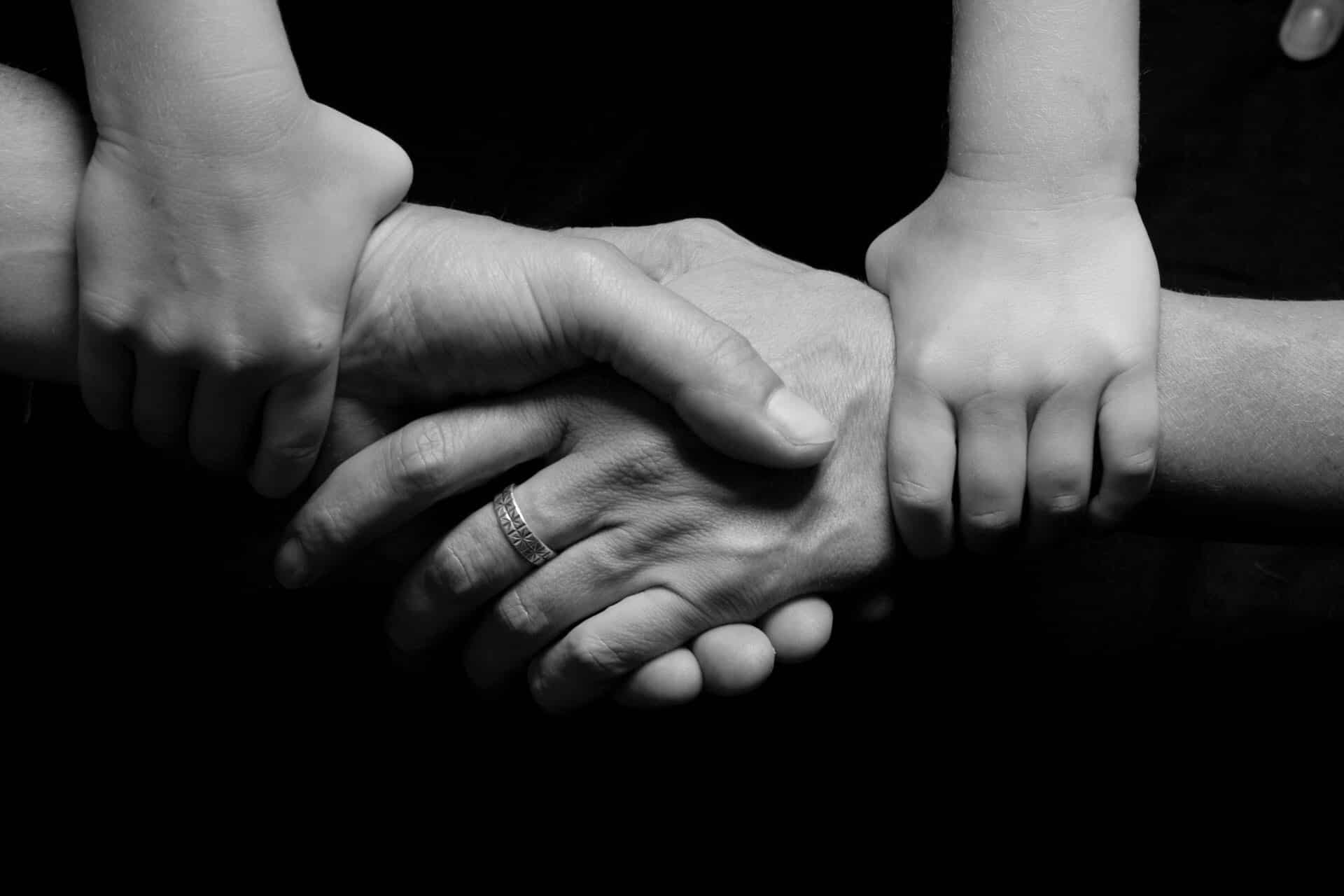Before starting any type of addiction treatment, it is essential to have a clear understanding of what to expect during a detox process. While an alcohol detox can be completed at home, a drug or opiate detox may require continuous care. In both cases, a medical team must oversee the process.
Alcohol abuse treatment can also be done with detox. The severity of the addiction and the substance involved will determine the exact medical conditions that can be treated during withdrawal.
Detox is the first step in treating an addiction, and can be a long process. It can take days to weeks to overcome physical dependence on the substance. Just like alcohol detox, other detox like opiate detox is also offered by mental health centers. The length of detox depends on the extent of the addiction, the amount of physical dependence, and the patient’s use patterns. Some patients will be given medications that reduce the symptoms of withdrawal. Many people also use sedative drugs during detox to ease the physical discomfort and decrease the likelihood of serious complications.
Depending on the type of substance used, alcohol withdrawal is painful and uncomfortable. This is also severe like heroin detox. Without proper medical care, the pain can last for weeks. It is also difficult to control cravings, which can lead to heart failure and even death. Moreover, because people don’t know how their bodies react to the substances they’ve been consuming, they may experience even worse withdrawal symptoms. A doctor can prescribe medication to stabilize a pregnant woman during detox.
If the substance is opiates or alcohol, detoxification is a necessary step for sobriety. Benzodiazepine detox is also necessary, and it shouldn’t be taken lightly.
Withdrawal symptoms from an opiate or alcohol addiction can be dangerous and life-threatening. If you are a pregnant woman, a medical detox is the best option for you. A medical staff will be able to monitor the patient’s health and keep them safe during the process. A number of other treatments are also necessary, such as dual diagnosis. Some of the prominent ones are:
- Rehab for women
- Residential rehab
- Dual diagnosis treatment
- Evidence based treatment
- Medication assisted treatment
- 12 step program list
- Structural family therapy
- Functional family therapy
The process of detoxification can be uncomfortable, but there are medications that can help you cope with the pain. Some of these drugs have addictive properties, and they can have severe side effects, including preterm labor and fetal distress. As a result, a medical detox is the best way to help a person overcome their addiction. It is important to follow the protocol of a rehab program carefully. It’s important to be aware of your condition and get the proper care.
After the detox, it’s important to continue treatment. Without ongoing support, it is hard to remain sober and recover from addiction. A medical detox can help you overcome your dependency and stay sober. However, this process is not for everyone. A medical detox is a great first step in the journey to sobriety. This process helps you get rid of opiate addiction and prevent a relapse.




